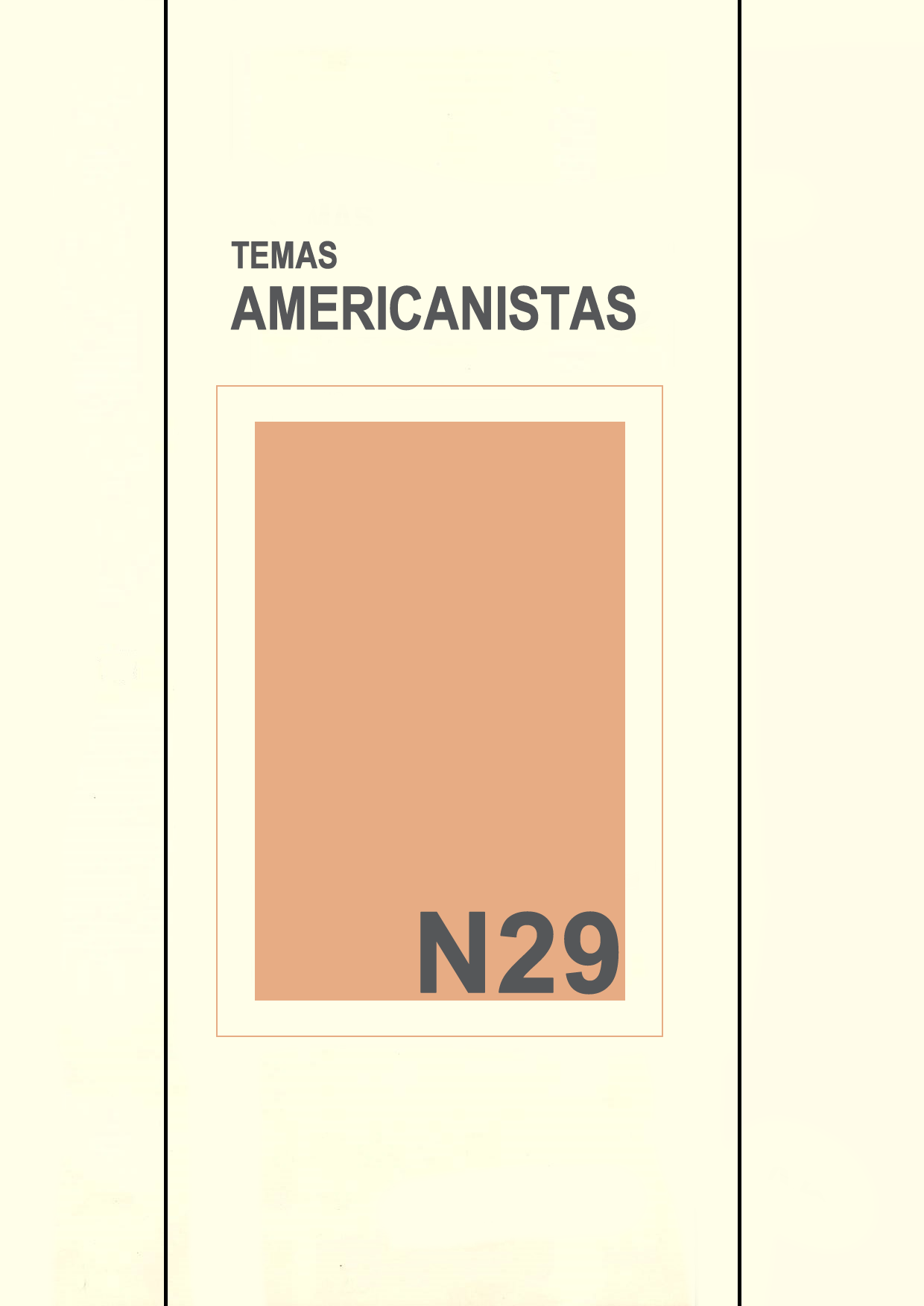Abstract
Between 1678 and 1688, an indian public notary, whose name appears in the padrones de indios of the “town of indians” of Cajamarca, wrote down more than three hundreds wills of indigenous men and women. The analysis of the unique registry that corresponds to his writing activity in the Departamental Archives of Cajamarca, allows a reconstruction of the social and political role of he who was in charge of recording and keeping the “people’s voice”. Moreove, it enables to cuestion the exceptionality of this documental corpus in the historical context of the mutation of Cajamarca. The “town of indians” settled by the spanish in the XVIth century turns into a colonial town through an complex process during the XVIIth century.

